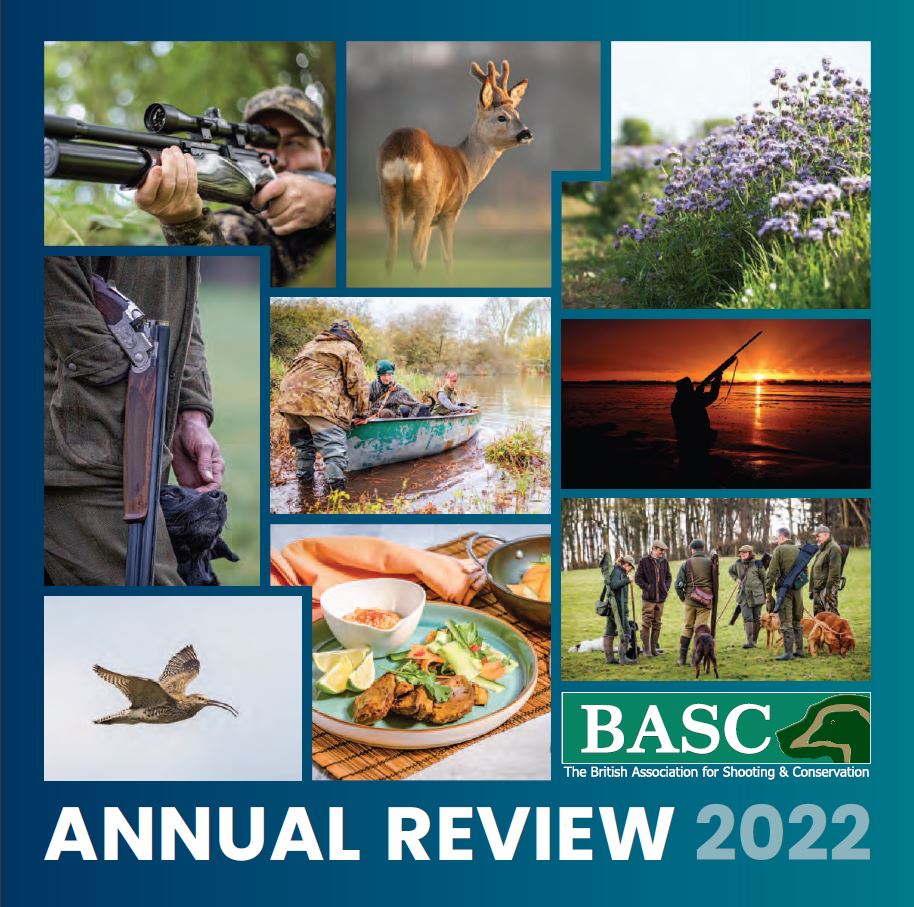BASC council is important to the organisation because we value our democratic roots and the elected members of council are drawn from the ranks of ordinary shooters. Council is charged with overseeing the management of the affairs of a growing, multi-million pound turnover organisation, which has very public responsibilities.
The council currently meets ten times a year (there are no meetings in August or December) and exercises all the powers of the Association apart from those specified in our constitution. Council is made up of 19 elected members together with ex-officio members.
The elected members serve for a five-year term and may be re-elected to one further term (at the end of the second term a retiring member shall be ineligible for re-election for a further 5 years). The chair is elected for Council members for a two year term and vice chair and the chairmen of the executive & finance committee and our six country and advisory committees are elected annually.
 Members of BASC council do not hold their posts as sinecures, they have very real responsibilities. As Britain’s largest country sports body, there is an additional responsibility to the public at large. The members of council, collectively, have a responsibility for everything done by or in the name of the association.
Members of BASC council do not hold their posts as sinecures, they have very real responsibilities. As Britain’s largest country sports body, there is an additional responsibility to the public at large. The members of council, collectively, have a responsibility for everything done by or in the name of the association.
This means that they are responsible for BASC’s strategic direction and policies and ensuring that the Association is properly managed. The members of council are stewards of the funds as well as trustees of the assets that are entrusted to the association.
In practice, the council, as a body, delegates day-to-day running of the association to the employed staff through the chief executive. This does not, however, detract from the council’s overall responsibility.
Members of council should therefore be used to operating at a strategic level and have an excellent knowledge of shooting sports and conservation, or some appropriate speciality. They will have a positive attitude, good analytical and communication skills, and the ability to get to grips with the practicalities of complex issues. Above all, they must be ready to contribute in an honorary capacity and be sensitive to the many and often conflicting concerns and aspirations that exist in a sport that is passionately followed by many hundreds of thousands of enthusiasts.



